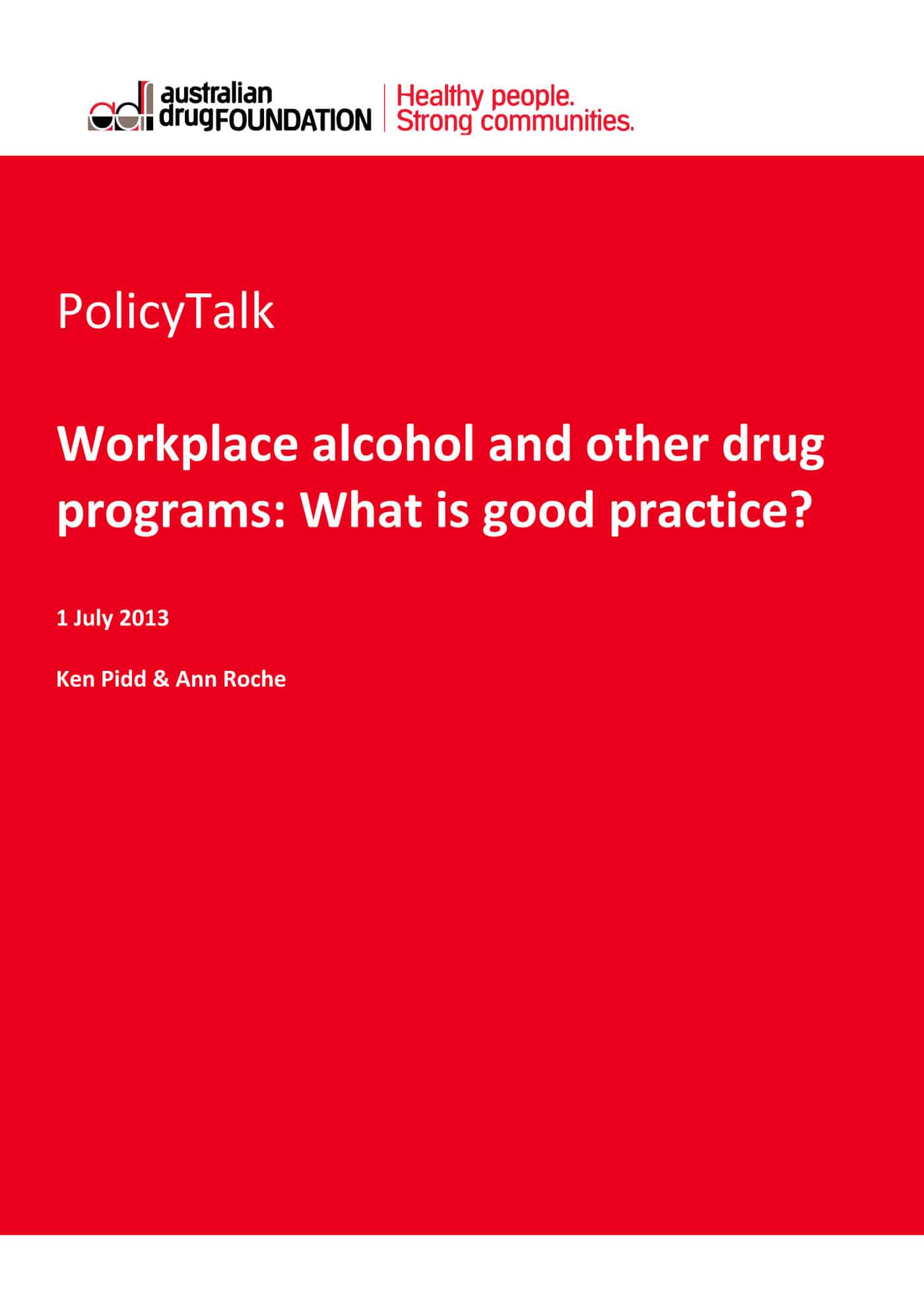Defining safety culture is still a tricky proposition. Definitions can vary from what Global Safety Index quotes:
‘the product of individual and group values, attitudes and beliefs, competencies and patterns of behaviour that determine the commitment to, and the style and proficiency of, an organisation’s health and safety management’.
to the, arguably more functional, definition of
‘the way you work when nobody’s looking”.
Safety culture comprises a mix of personal values, corporate values, laws, norms, expectations, hopes, respect, dignity, care, amongst others. By assessing and linking these elements it should be possible to map or pictorialise a company’s safety culture.
 Several years ago at a Comcare conference in Canberra, one speaker outlined leadership and safety culture of some sections of the public service in web, spider or radar graphs (example above). The image stuck with me, particularly after additional sets of data allowed for animation to show the evolution of culture and leadership in relation to specific interventions. The importance of being able to provide a visual image of safety culture should not be understated. Continue reading “Measuring a safety culture”
Several years ago at a Comcare conference in Canberra, one speaker outlined leadership and safety culture of some sections of the public service in web, spider or radar graphs (example above). The image stuck with me, particularly after additional sets of data allowed for animation to show the evolution of culture and leadership in relation to specific interventions. The importance of being able to provide a visual image of safety culture should not be understated. Continue reading “Measuring a safety culture”

 On September 9 2013, the Canberra Times published an article by
On September 9 2013, the Canberra Times published an article by  I was reminded of my colleague’s regrets when someone on a construction site recently asked for my opinion on some pictures of her son, at a childcare centre, hitting some nails into a block of wood. The boy (pictured right, at home) was wearing safety glasses, albeit a little large; the “work area” was separated from the rest of the children and the boy was supervised at all times by a child care worker. I was told that some of the parents had expressed concern that such an activity should not be happening in a childcare centre due to the potential risk to other children.
I was reminded of my colleague’s regrets when someone on a construction site recently asked for my opinion on some pictures of her son, at a childcare centre, hitting some nails into a block of wood. The boy (pictured right, at home) was wearing safety glasses, albeit a little large; the “work area” was separated from the rest of the children and the boy was supervised at all times by a child care worker. I was told that some of the parents had expressed concern that such an activity should not be happening in a childcare centre due to the potential risk to other children.